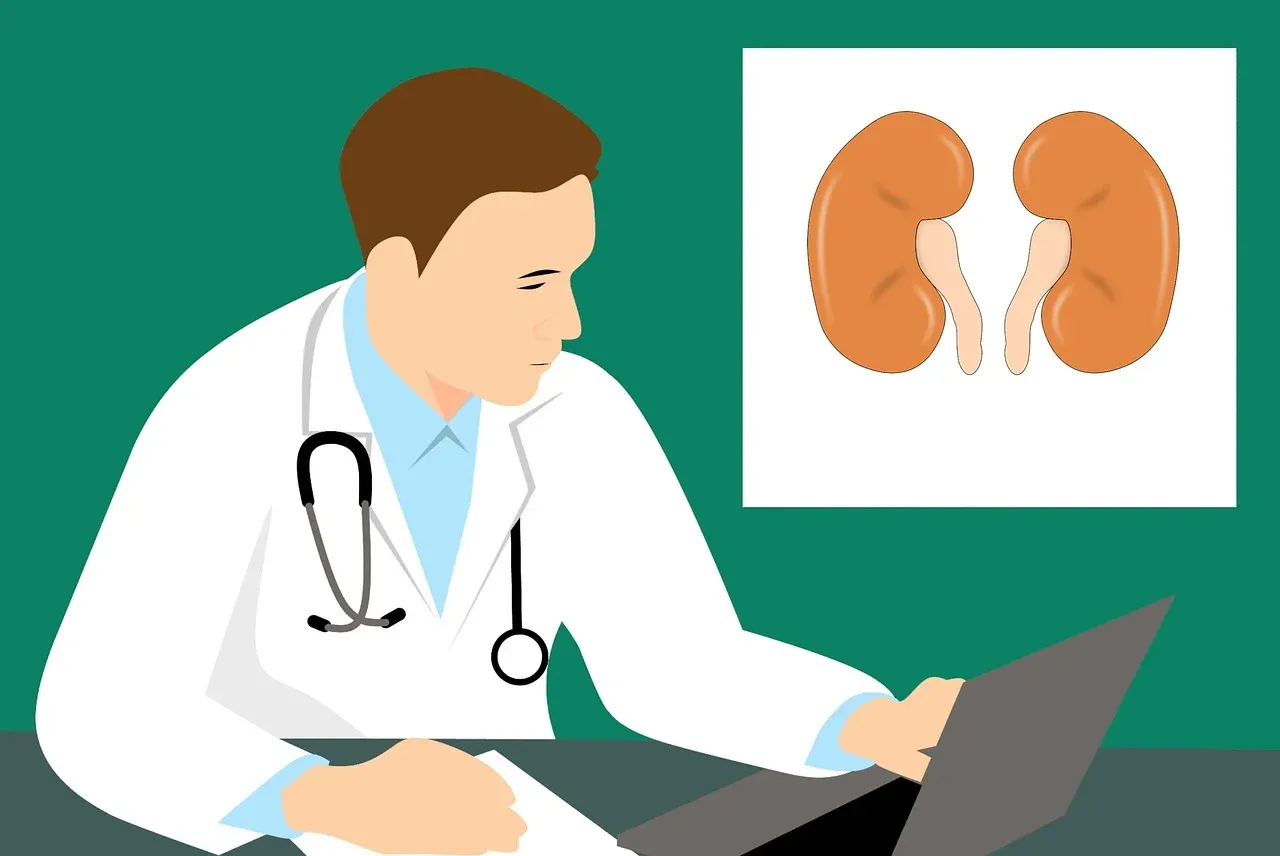Health problems known as Urinary Tract Infections or shortly UTIs are health issues that concern the urinary system that incorporates urethra, kidneys, bladder, and ureters. The presence of UTI in a person indicates that germs, which are normally bacteria, have percolated to the urinary tract and led to an infection. This may cause pain, discomfort among other symptoms.
Although getting UTI once a while and then treating it using the medication may be common to many individuals, a more serious problem arises when the infection keeps on recurring. It is referred to as recurrent UTI. Simply put, the signs of recurrent UTI is getting the infection repeatedly and even as frequently as twice or thrice in a matter of months. It is one of the things that should not be ignored by Nigerians, particularly women and the elderly.
Probably a single greatest risk of repeated UTIs is the kidney damage this problem may result in. Kidneys are significant body organs in the body that assist in mopping up waste and excess water in form of urine. In case the urinary system continues to be irritated by infections, particularly kidneys being affected, this may result in so-called kidney damage. This damage can eventually lead to a loss of functional change in the kidneys that is referred to as kidney failure.

There was a time when I encountered a person in my neighborhood who suffered kidney failure due to the continuous neglect of urinary infection. It became an agony and a costly process to her and to her family. The experience alerted me more of how risky it is to ignore UTIs.
The other risk that is associated with recurrent UTIs is that it interferes with daily life. When one is infected by a UTI, they can experience burning pain during urinating, have frequent urges to urinate or also have pain in their lower stomach.
These symptoms may be so annoying and distractive. When it occurs frequently it may influence going to work, to school or a person performing his or her day-to-day routines. I recall one incidence when I got the urinary infection and it became extremely difficult to concentrate during my job. I was constantly hurrying to the toilet, and I was so exhausted during the day (because of the pain). That must have been terrible, I am imagining how much worse it can be when we are forced to repeat that once every two weeks.
In addition, recurring infections of UTIs may lead to serious problems when treated using antibiotics over and over again. Since one has an UTI doctors will prescribe certain antibiotic to kill the bacteria. However, when taking place too frequently and used excessively, the antibiotics problem duplicates as the body may begin developing resistance to the drug.
This is termed as antibiotic resistance. What this implies is that one may not be able to use the same medicine that formerly worked. The bacteria within the body become powerful and common medicines cease functioning. In Nigeria, antibiotics are sold without prescription and many do not complete the drugs appropriately. This is something I was guilty off as well. I would be able to feel better in a couple of days or after three days and cease to use drugs. I learned now that it is bad to give up midway as it can lead to a worse future.

Prevalence of UTIs is also another concern worth worrying about since an underlying cause of the UTIs that has not been adequately examined can lead to an underlying problem. At times the cause of why the person is constantly experiencing UTIs may be that the person has issues with his or her urinary system such as the presence of kidney stones or an obstruction in the urinary system. In older men, more specifically, it may be enlarged prostate.
Frequent UTIs in women may also occur because of such problems as hormonal changes that can occur after childbirth or during menopause or due to lack of hygiene during menstruation. I have once advised a friend to do a scan when she had such frequent infections and later doctors discovered that she had small growth in her urinary bladder that should be addressed. That gave me a lesson that not UTIs are basic.
Frequent UTIs also affect the mental health. Urinary infections are painful, uncomfortable and embarrassing to live with on a constant basis, so they could easily make someone feel anxious or depressed. They are scared of going out and socializing, particularly when they are concerned that they may urinate and soil themselves in the street. Other individuals even do not consume water due to the reasons that they do not want to release urine knowing that it may worsen the infection.
As a consequence, this fear and worry may result in low self esteem, emotional stress and isolation. I have heard individuals make jokes about the overuse of the toilet as though it is no big deal and those individuals who get frequent UTIs are aware this is not funny. It is able to degrade an individual mentally and emotionally.
The risks are even more severe on pregnant women. A woman who continually has UTIs when she is pregnant runs the risk of giving birth to a premature baby, giving birth to low birth weight baby, or losing the baby in most cases. The reason is that there is a risk of the infectious disease spreading to reach the mother and the unborn baby.
This is the reason why pregnant women in Nigeria should attend frequent antenatal checks, note the early onset of infection symptoms, and complete all the course of treatment used. These ignorant symptoms or the usage of some older ways of treatment without the appropriate medical recommendations may endanger both lives.
The financial factor is also there. Repeated infections of UTIs are expensive. They can be high when getting an appointment with a doctor, when purchasing antibiotics, when undergoing laboratory tests, when unable to work because of an ailment, etc. This is a heavy load to an ordinary Nigerian family, most especially in the countryside.
In some cases, one takes loans to be able to get treatment. In case the infection still keeps recurring, the expenditure on it goes to waste. I also understand how difficult it is to save up on health and especially in cases that other needs in the family are needed. This is the reason prevention is always better and cheaper than cure.
We need to avoid putting ourselves under the risk of frequent infections of our UTI, and there are a few things which we ought to remember. Consumption of adequate supply of clean water contributes in clearing away bacteria in the urinary system. Good hygiene particularly after using the toilet or having sex is very important. They should also start wiping along the front and not vice versa.
Wearings of tight or dirty underwear, urinating after an intercourse and refusing to hold urine for long are minor issues that will mean a great deal. On a personal level, I now make an effort of drinking at least two bottles of water, per day, and where I can, I use clean toilets. These little routines may prevent an individual with severe pains later.
To sum everything up, it is not a minor disease as HTIs may be disregarded. They are able to harm vital organs such as kidneys, interfere with everyday life and interactions, cause resistence to drugs, and even indicate to the existence of other severe conditions. Awareness and prevention play a significant role in a country where the access to the proper healthcare is sometimes difficult, such as in Nigeria, where many people rely on self-treatment.
The population is to be advised to take their health seriously and to visit hospitals because they feel something is going wrong even before they detect UTI, and they should do away with risky lifestyles. I suppose that when we care more about these things, we would people enjoy their lives, to be happier and healthy and to live longer, without the necessity to cope with the stresses and the threats of infection recurring.